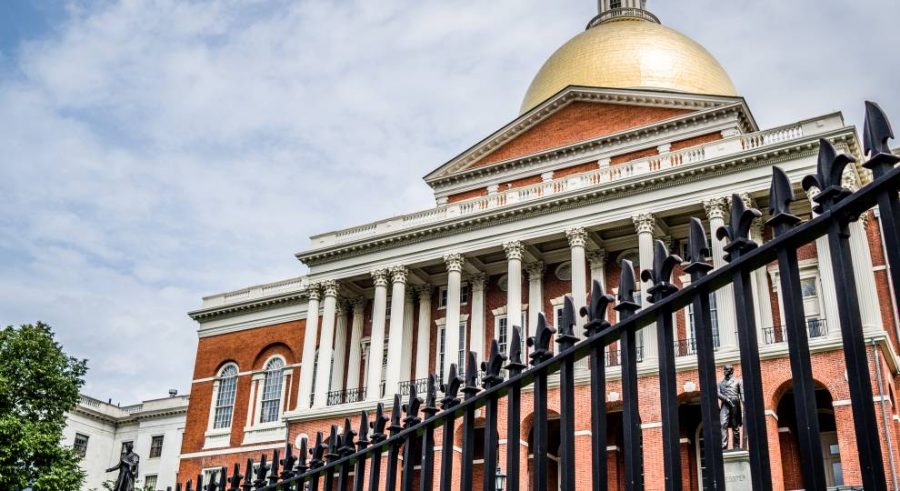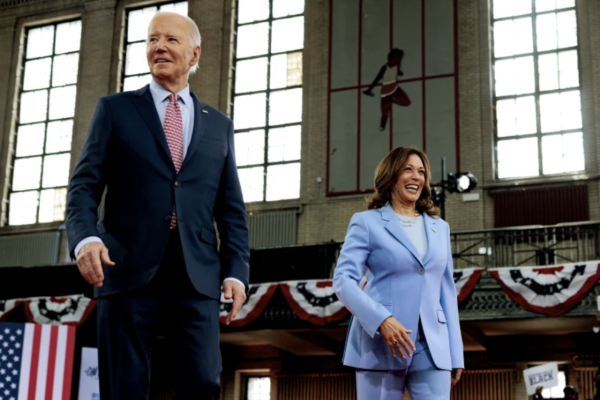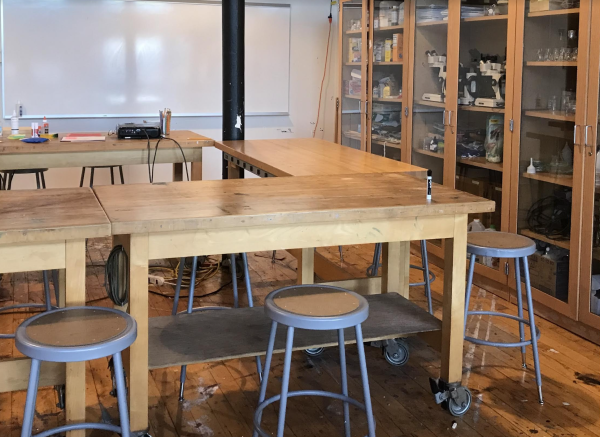Drug decriminalization in Massachusetts: A clear solution to a complex issue
April 25, 2021
As drug overdose deaths climb, jails remain overcrowded, and families and communities are torn apart by addiction, Americans must accept that the war on drugs has failed. With a bill in the statehouse that would decriminalize drugs, Massachusetts residents can be hopeful that communities impacted by needless incarceration, racial discrimination, and addiction may begin to heal.
In the middle of an opioid use epidemic with overdose deaths skyrocketing due to the presence of fentanyl in heroin, cocaine, and pills sold on the street, public health workers and lawmakers alike seek solutions to end this crisis. But as easy as it is to identify the social and health problems that result from chronic substance use, it is much harder to validate the effectiveness of our traditional solution: criminalizing the use and possession of such substances.
Michael Cox, the executive director of Black and Pink Massachusetts—a prison abolitionist group that focuses on the rights of LGBT+ prisoners and prisoners living with HIV, helped write Massachusetts’ decriminalization bill, “An Act Relative to Harm Reduction and Racial Justice” (HD 3439/ SD 2248) with main author Shaleen Title. The bill states that a person found to be in possession of a controlled substance “shall be subject to a civil fine of not more than fifty dollars or participation in a needs screening to identify health and other service needs, including but not limited to services that may address any substance use disorder or mental health conditions, lack of employment, housing or food, and any need for civil legal services.”
Cox, who was formerly incarcerated and used drugs himself, believes the criminalization of drugs is not only an ineffective deterrent, but reinforces continued unlawful behavior.
“I’ve been arrested for drugs and it never helped me,” Cox said. “And when you go to jail for something small and meet people who have gone to jail multiple times, your likelihood of committing a more serious crime increases. And that’s what happened to me.”
Despite claims that decriminalization will lead to increased drug use, evidence collected by The Pew Charitable Trusts in 2014 shows that incarceration for drug related offenses is not correlated with lower rates of substance use. Tennessee and New Jersey, two states with roughly the same rates of drug use (based on overdoses, arrests, and self-reported data), ranked on opposite sides of the spectrum in terms of drug-related incarcerations. With Tennessee placing fifth and New Jersey at 45th, Tennessee’s higher penalties did not correlate with less substance use. Additionally, the war on drugs has disproportionately affected Black and Latino Americans, who make up 80% of the federal prison population incarcerated for drug related offenses, according to the Drug Policy Alliance.
When modeling plans for decriminalization, states like Oregon, which voted to decriminalize drugs in November 2020, and Massachusetts look to Portugal, a country that abolished criminal penalties for drugs in 2001. Time Magazine reported that from 2000 to 2015, Portugal’s rate of HIV infection dropped from 104.2 new cases per million to 4.2 cases per million, and drug use declined overall among 15- to 24-year-olds, the age group at highest risk of initiating drug use.
With ample evidence supporting the inefficacy of incarceration and the benefits of decriminalization, Cox believes the toughest barrier to passing the Massachusetts bill is people’s biases lingering from mass-media campaigns that promoted the war on drugs. “We’ve been told that decriminalizing is enabling people and sending a message that they should use drugs,” he said. “There’s going to be a lot of de-conditioning people, because we cling to those comfortable emotions and ideas.”
When Americans are able to put their biases aside and accept that current drug policies have failed, they will begin to see the disastrous effects of substance use disorder dissipate. Massachusetts can be the second state to help make that happen.



















jonathan davey • Apr 26, 2021 at 8:00 am
And if this happens, EVERYTIME there is a drug releated death, gang releated shooting/stabbing, breakins and thefts by addicts, say “I contributed to that!”….GO MEET THE VICTIM’S FAMILY AND LOVED ONES, JUST ONCE ,and say “I contributed to that! Try it!